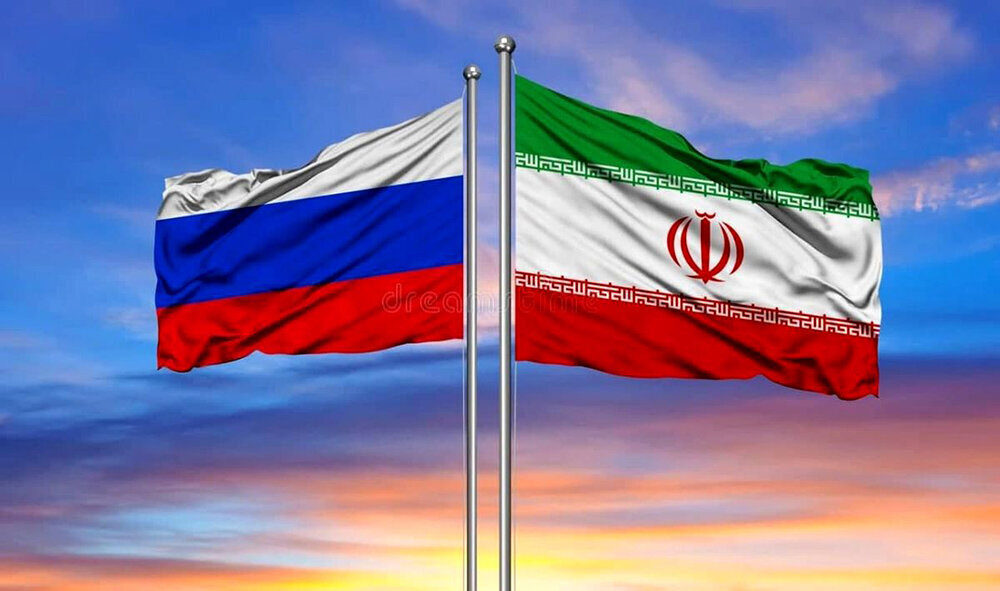Non-oil exports to Russia rise 12% in 6 months on year

TEHRAN - The value of Iran’s non-oil exports to Russia rose 12 percent in the first six months of the current Iranian calendar year (March 20-September 21) compared to last year’s first half, the Islamic Republic of Iran Customs Administration (IRICA) data showed.
According to the mentioned data, Iran exported 1.3 million tons of commodities worth over $494 million to Russia in the first half of the current Iranian year, IRIB reported.
Non-oil exports to the Russian Federation also increased by 20 percent in terms of weight.
The main exported goods to Russia in the first half of this year include bell pepper, polystyrene and shelled pistachios, which accounted for 5.9 percent, 5.8 percent and 4.9 percent of the country's total export value, respectively.
In the first half of the current Iranian year, foreign transit through Iran from Russia reached 526,000 tons with a growth of 17 percent, and foreign transit to Russia was 56,000 tons, which decreased by 18 percent.
The Islamic Republic had exported 2.2 million tons of commodities worth $965 million to Russia in the previous Iranian calendar year (ended on March 20), which also registered a 54-percent increase in weight and a 28-percent rise in value.
The main Iranian products exported to Russia in the previous year were fresh or dried pistachios, ordinary non-expandable polystyrene, fresh kiwi and synthetic fibers, and other types of polyester.
Iran and Russia have been taking serious steps to boost their mutual trade over the past few years.
In late January, Iran’s late President Ebrahim Raisi said that the Islamic Republic and Russia have reached an agreement to boost the trade between the two countries up to $10 billion.
“We agreed to remove trade barriers and boost the economic exchanges between the two countries. Currently, the level of mutual trade is not acceptable, so the two countries agreed to increase trade to $10 billion a year,” Raisi said on January 21, upon arrival to Tehran after a two-day visit to Moscow.
He also noted that the two sides also discussed monetary and banking issues during his talks with Russian officials.
The two countries also agreed to identify mutual agricultural capacities as well as suitable areas for the exchange of agricultural products in order to increase the level of trade in the agricultural sector, according to the official.
He went on to say that the Islamic Republic of Iran has very good capacities in the field of transit and transportation, saying: “During this visit, it was agreed to activate the north-south corridor. This transit route will make the time and distance of transiting goods from Russia and different northern countries to the southern regions much shorter.”
EF/MA
